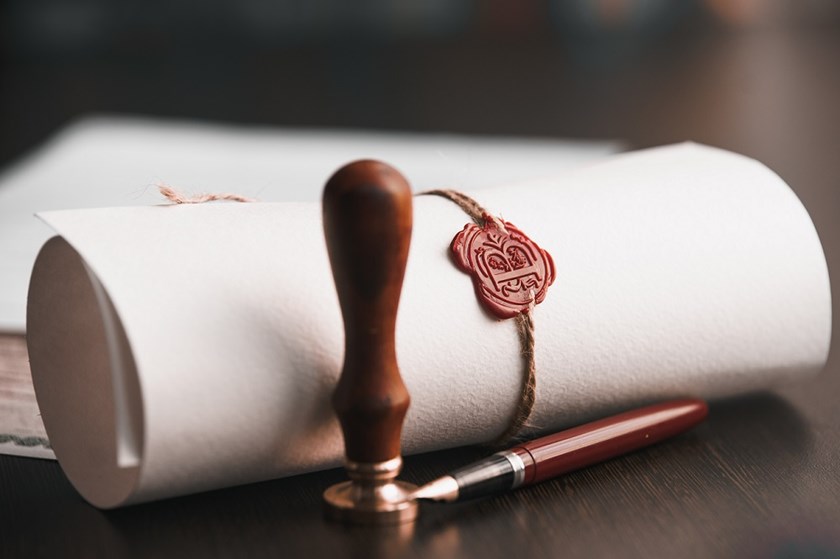Legacy disputes and the duties of charity trustees: proceed with care
Insight

Legacy income in the UK is currently worth an estimated £2.8bn per year. It accounts for approximately 14 per cent of fundraised income. This reliance can put charities in a difficult position when a dispute arises regarding a legacy in a will. Trustees have a legal duty to protect, secure and recover assets belonging to the charity. Complying with this duty may require the bringing or defending of legal proceedings.
Engaging in litigation however, can generate negative publicity, damaging a charity's reputation and putting its future legacy income at risk. Such headlines can also put off prospective donors. Balancing these two considerations is not easy.
The bad old days
Two claims involving the RSPCA at the turn of the last decade will be well remembered and led to particularly strong criticism in the press. Perhaps as a reaction, the Charity Commission produced draft guidance in 2010 stressing that litigation should be seen as a last resort.
"Litigation can also damage a charity's reputation – and this can impact on its ability to further its purposes effectively if the beneficiaries lose confidence in its services, or its ability to raise funds if donors are concerned that money will be spent on litigation."
Since then however, there may have been a softening of the Commission's stance, as shown by its guidance of August 2016. Perhaps this is due to a concern that too rigid an anti-litigation stance may have put charity trustees under much pressure to settle or give up on good claims, without considering the merits.
Reputation v income: no easy answer?
From a reputational standpoint, some legacy disputes are less attractive than others. Some claims garner unsympathetic and outright hostile coverage for charities, exacerbated by the reality that most involve bereaved family members. This should be identified early on and an analysis of the potential non-legal risks of the claim should be kept firmly in view.
Sometimes however, the sympathy is with the charity - the 2015 case of Royal Society v Robinson saw none of the sort of headlines endured by the RSPCA in 2009-2010. Needless to say, a claim by a charity seeking to defend its entitlement under a will may attract more sympathy than an attempt to claim a greater entitlement at a grieving relatives expense.
August 2016 guidance
Perhaps in recognition of these considerations, the Charity Commission produced further guidance in 2016 which took a more balanced approach. Litigation is no longer described as a last resort. Emphasis is now (rightly) on what is in the charity's best interests. Litigation should only be considered when other methods of resolving the dispute have been ruled out, but that is sensible, not defeatist guidance.
So, how do you determine what is in a charity's best interest? The trustees should:
- take legal advice
- consider the economic prospects of success or failure
- consider if their actions will be proportionate, and
- consider if the Commission’s consent or advice is required.
The trustees should also bear the following in mind:
- legal costs, even in victory, are not always recoverable; nor is the time lost in dealing with the claim
- the Commission will expect trustees to explore and rule out other options before litigating
- if a charity does not have the necessary in-house expertise, professional legal advice will generally be needed
- the trustees will be expected to be able to justify their actions, and
- there are (albeit extreme) risks that trustees may be liable personally for costs (such as where costs have not been properly and reasonably incurred).
In short, trustees should take advice and consider alternative means of resolving disputes. A costs/benefit analysis must always also be in focus.
Other routes to resolution
There are additional steps that charity trustees can take. One is an application to the Commission for advice as to whether litigation would be in accordance with their duties. Another is an application for the court's authorisation for bringing or defending proceedings, which will protect the trustees in terms of costs. Such applications themselves can be costly however.
Conclusion
None of the options obviate the reputational risk of litigation, whether successful or not. Charities therefore should take advice early and bear the Commission's guidance in mind, from the moment the potential for a dispute arises. Negative press does not wait for a claim to be issued – on one occasion the Daily Mail needed only an exchange of letters before the headline went up. Given the value of legacies, and the damage wrought by a bad headline, take good advice as early as you can, and proceed with care.
If you require further information on anything covered in this briefing please contact Joanna Poole, or your usual contact at the firm on +44(0)20 3375 7000.
This publication is a general summary of the law. It should not replace legal advice tailored to your specific circumstances.
© Farrer & Co LLP, September 2018







